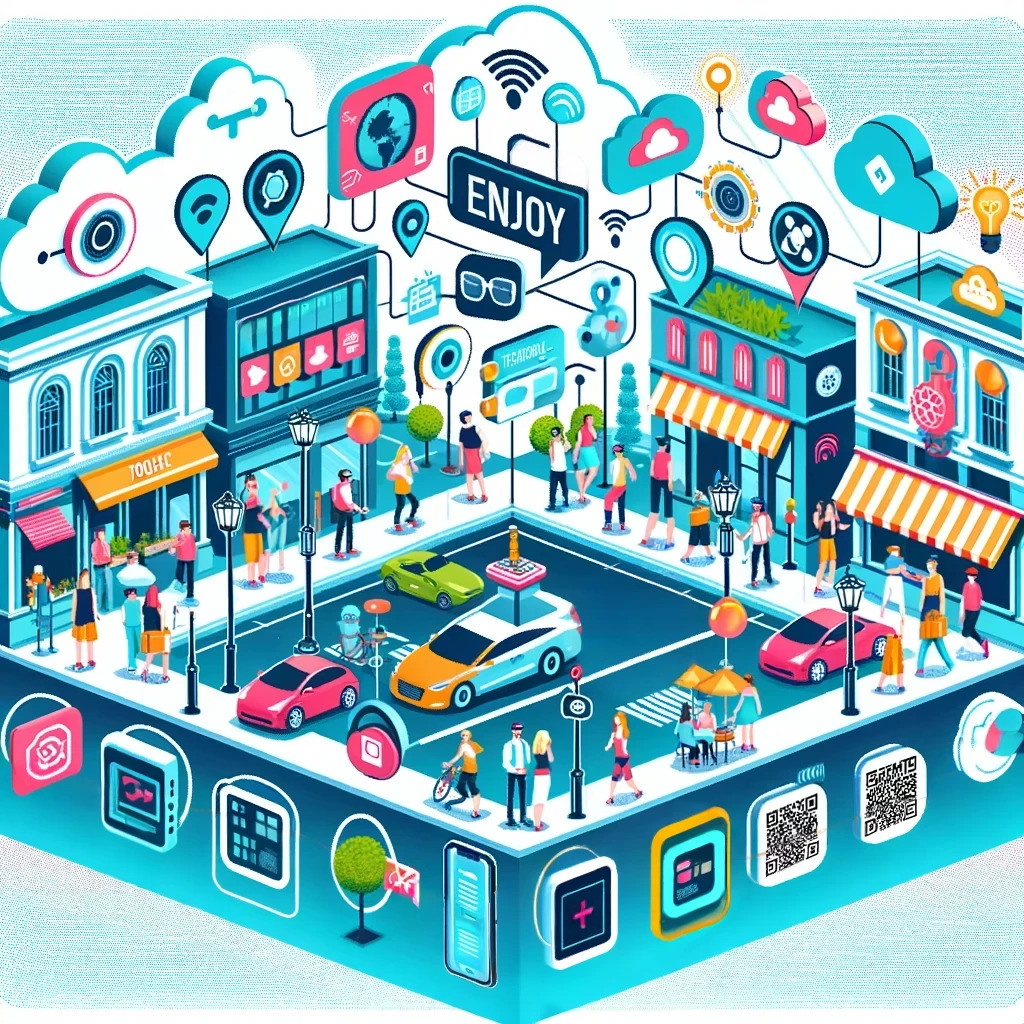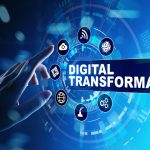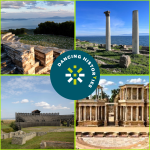New technologies play a crucial role in helping businesses meet tourists’ needs at every stage of their journey. The following outlines the key phases within this strategy.
The Importance of New Technologies in Tourism
The Digital Revolution Optimises Destination Marketing
Inspiration, Planning, and Booking
At this stage, the digital strategy of destinations should focus on the main channels tourists use to plan their trips:
- Websites: The primary source for information, planning, and booking. It is vital that these websites are responsive across all devices and equipped with a Content Management System (CMS) that allows for content updates and caters to different tourist profiles.
- Social Media: Increasingly important for promoting a destination and as a direct communication channel with tourists. Chat features on these platforms are essential for immediate interaction.
Enjoyment
During their stay, tourists use various digital platforms to meet their needs:
- Mobile Apps: Should provide push notifications with real-time information on traffic, air quality, and crowd levels at points of interest.
- Cloud Computing: Essential for storing and processing large volumes of data quickly.
- Artificial Intelligence: Enhances the tourist experience with swift responses and personalised attention through techniques such as Machine Learning and chatbots.
- Augmented Reality: Allows tourists to discover additional information about attractions in real time using their smartphones.
- QR Codes: Facilitate immediate access to information and services. Their use has increased in bars and restaurants following the pandemic.
- Virtual Reality: Offers fully immersive sensory experiences in the virtual world, with broader applications anticipated in the future.
- Wearables: Devices like smartwatches collect data on tourist location and activities, enhancing the personalisation of their experience.

Share and Retain
At the end of their trip, tourists share their experiences and contact details, opening up new opportunities for destinations to engage:
- WiFi in Strategic Areas: Keeps tourists connected and enables data capture through a Customer Relationship Management (CRM) programme.
- Segmentation and Personalised Communication: Destination Management Organisations can segment visitors and communicate personally, enhancing marketing strategies based on each user’s behaviour.


